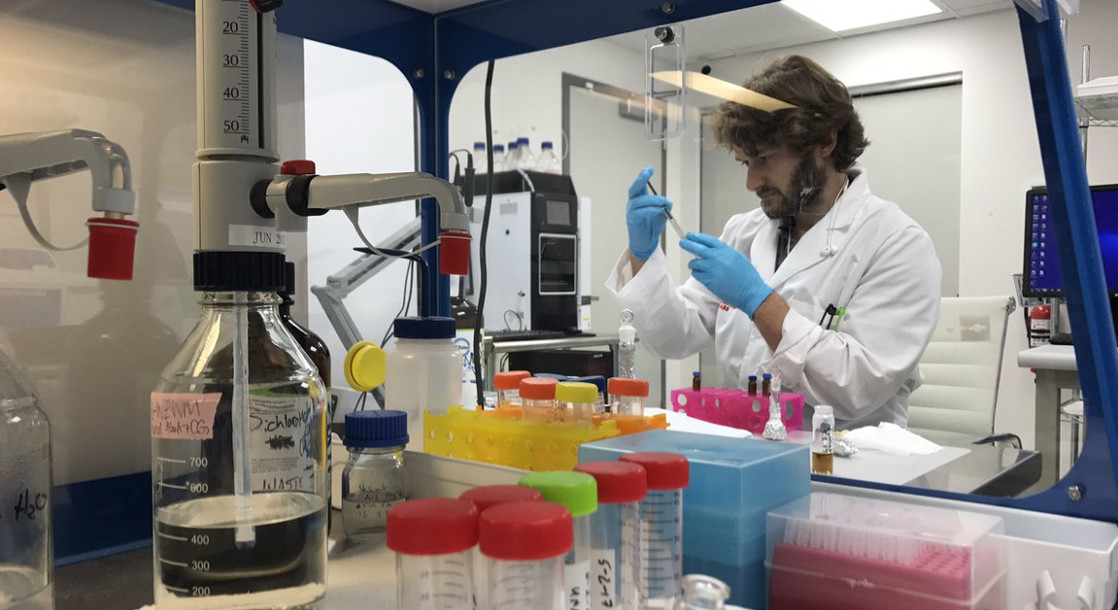Photo via Lightscale Labs
A bill to implement mandatory pesticide and mold testing in Arizona’s medical cannabis program has gained major traction in the state legislature, with politicians on both sides of the aisle agreeing that Copper State patients deserve to know more about their state-approved meds.
According to a report from the Associated Press, the medical cannabis amendment was introduced by Republican State Senator Sonny Borrelli, and quickly amassed co-sponsorship from 78 out of 90 total legislators from the state’s House and Senate, among Democrats and Republicans alike.
"Customers need to know what's going on with this stuff they are buying that they are convinced that it's going to help them," Borrelli told the AP. "Right now, there's no regulation whatsoever. It's the Wild West. There are some good dispensaries out there that are doing this right, and we want to make sure the others do the same."
If passed, Borrelli’s bill would funnel $2 million from the state’s medical marijuana fund to the state’s Health Services Department, which would set up a state-mandated cannabis testing program. A number of Arizona cultivators and dispensaries already send their wares to independent third-party labs, but those tests are currently neither regulated or required.
Because cannabis is prohibited in the U.S. at the federal level, nationwide testing standards are entirely non-existent, and government agencies responsible for ensuring public safety in food, beverages, and prescription drugs won’t touch weed with a 10-foot pole. But even without any federal oversight, every state with adult-use cannabis sales and a significant number of state-sanctioned medical marijuana programs have implemented their own testing requirements and standards. In Arizona, independent testers have already found mold on weed sold in Phoenix dispensaries.
Those regional testing measures have helped cannabis users around the country learn more about the products they’re purchasing, but without any centralized responsibility, a number of states have reported issues even with approved cannabis testing labs, including false readings, inaccuracies, and instances of pay-to-play number fudging.
As it’s written, Borrelli’s bill would require testing for pesticides and mold, but would also open the door for the Arizona Health Services Department to write rules for subsequent potency testing.
In addition to the testing regulations, the cannabis amendment would reduce the price of registration and renewal fees for the state’s medical marijuana program, from $150 to $50 for a first time sign-up, and a $25 renewal charge. Cannabis advocates have for years argued that the $150 annual cost unfairly taxes patients in need and created an unnecessary surplus of cash in state reserves. The fee has caused so much ire that a lawsuit was filed last year to try and reduce them, before it was eventually thrown out.
Currently, the state’s Department of Health Services has a cannabis program surplus of $35 million.
Because Borrelli’s proposal is an amendment to an existing law, the measure will need at least 75% of the legislature’s support to pass. Thankfully, the bill’s co-sponsors alone represent over 86% of Arizona lawmakers, ensuring with near-certainty that the legislation will eventually pass.











